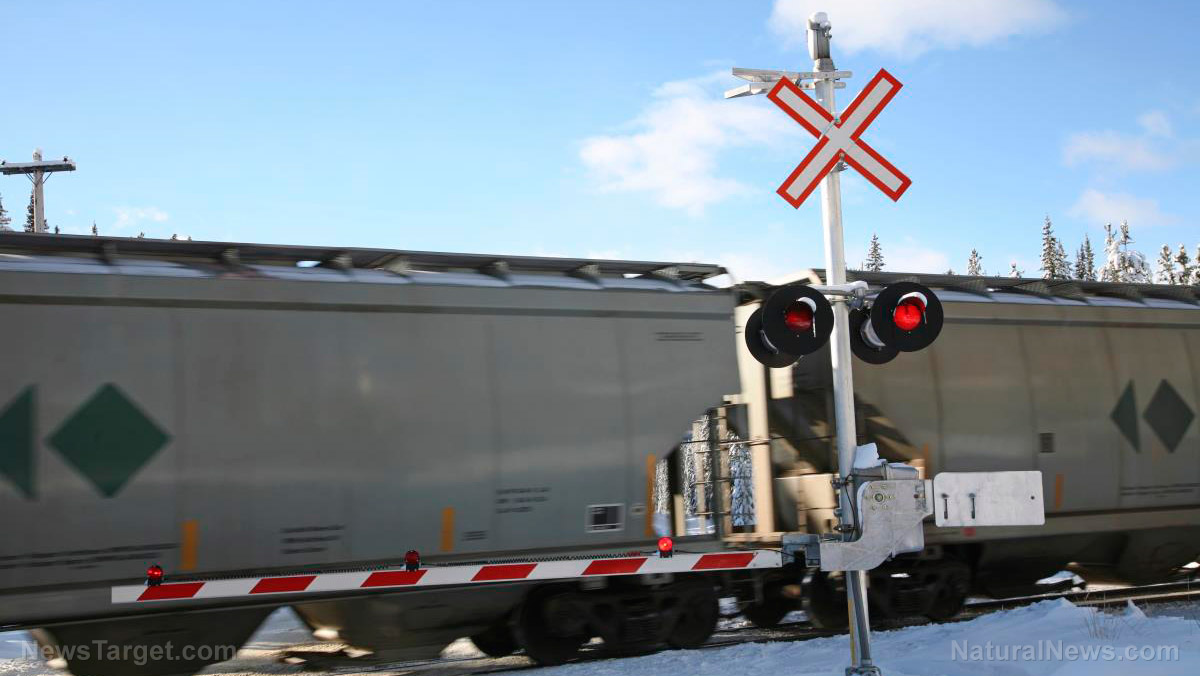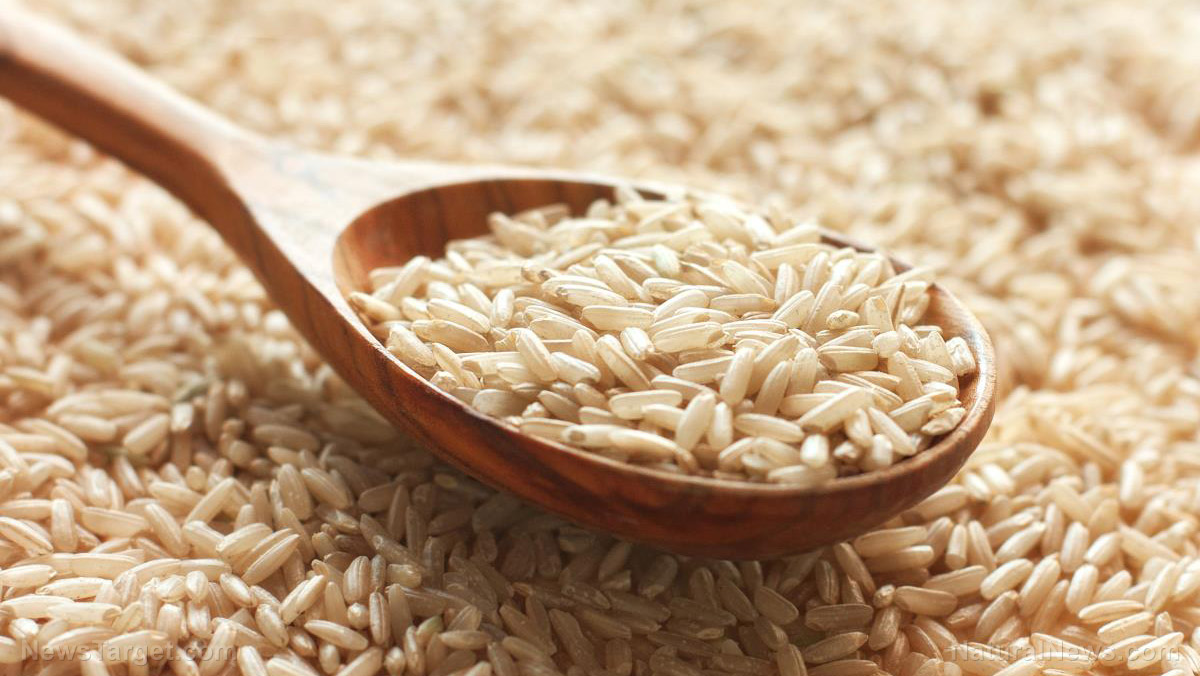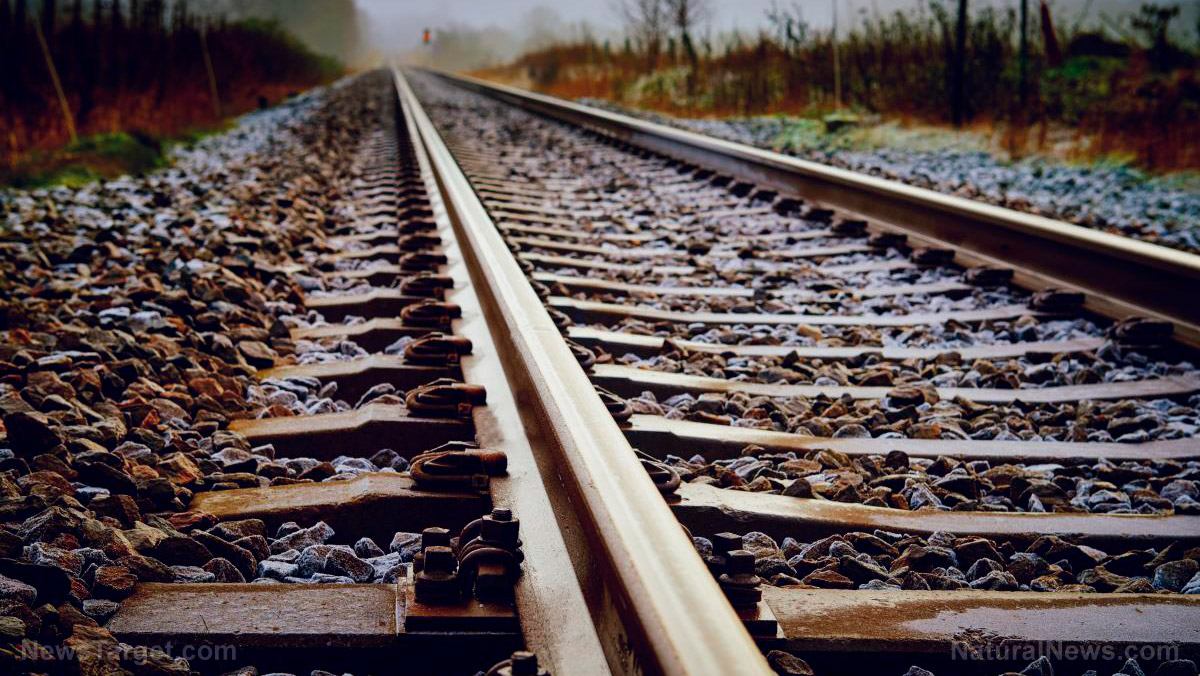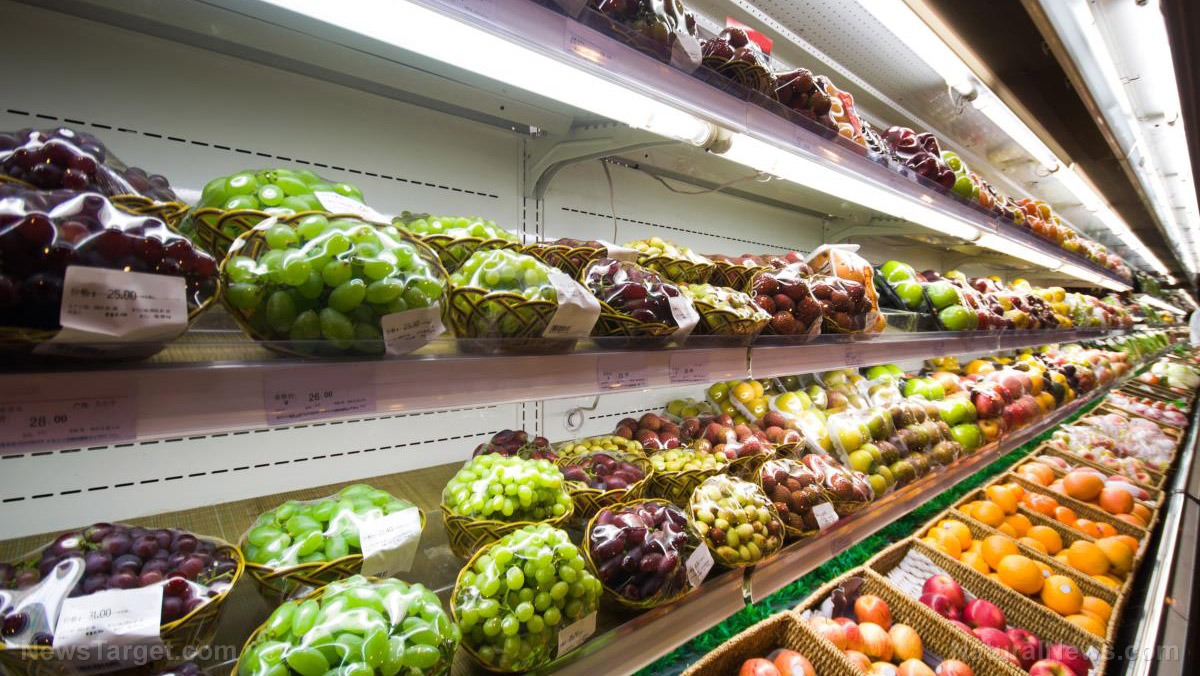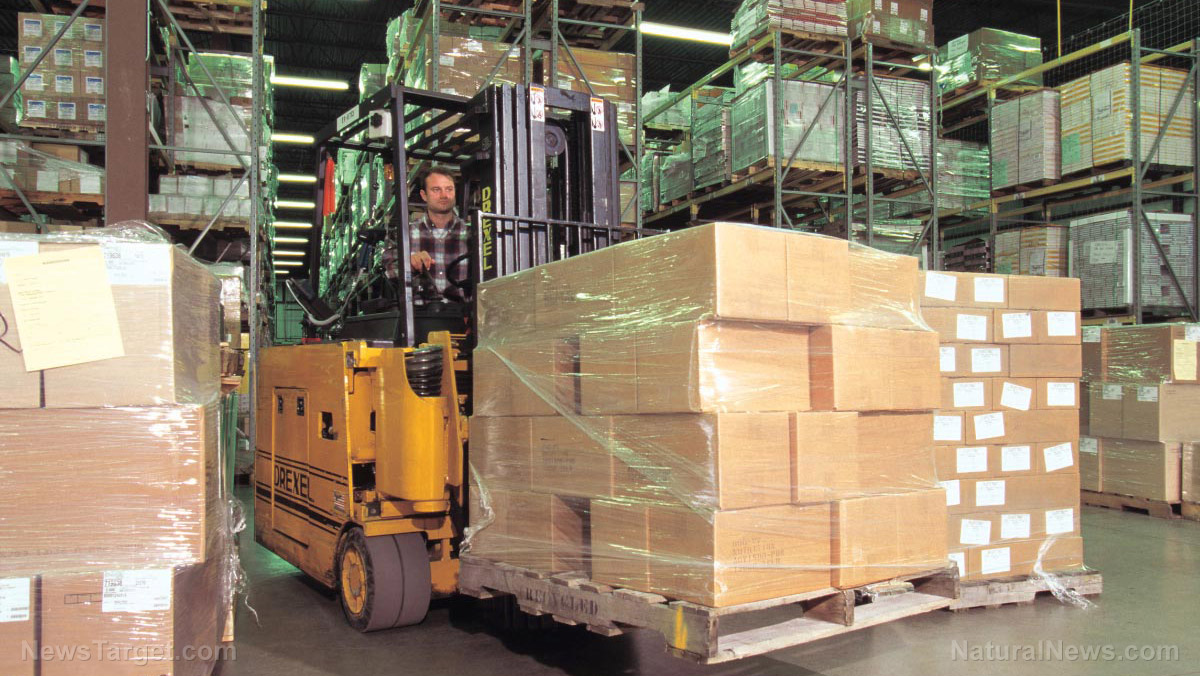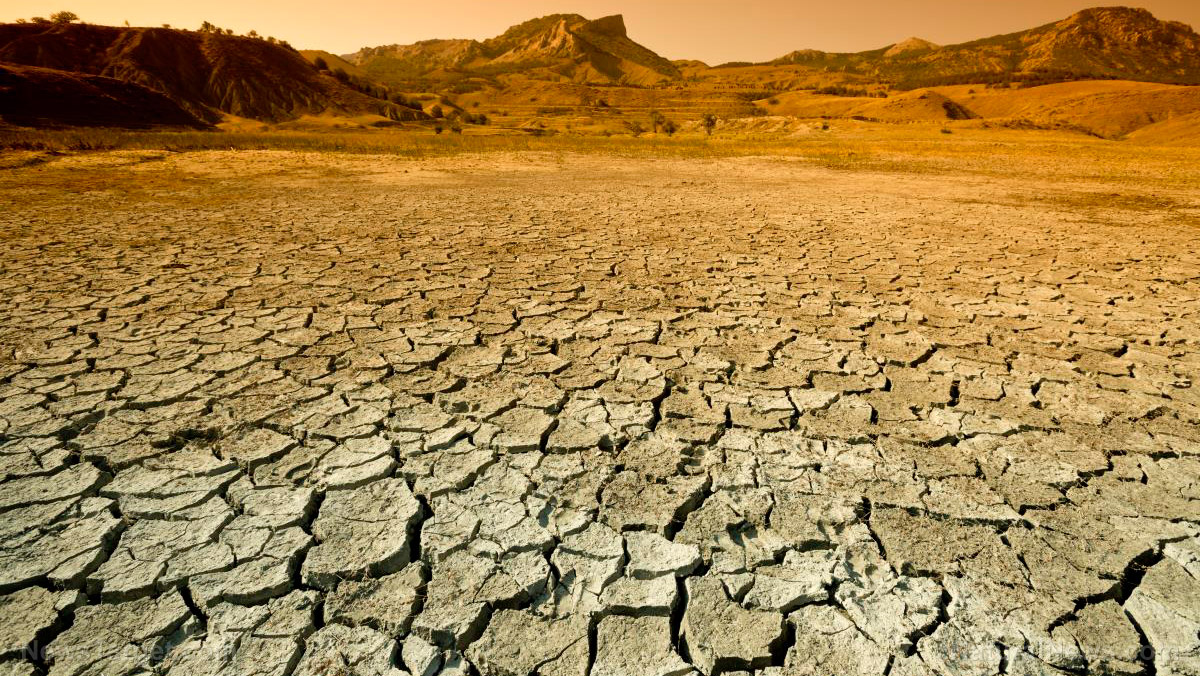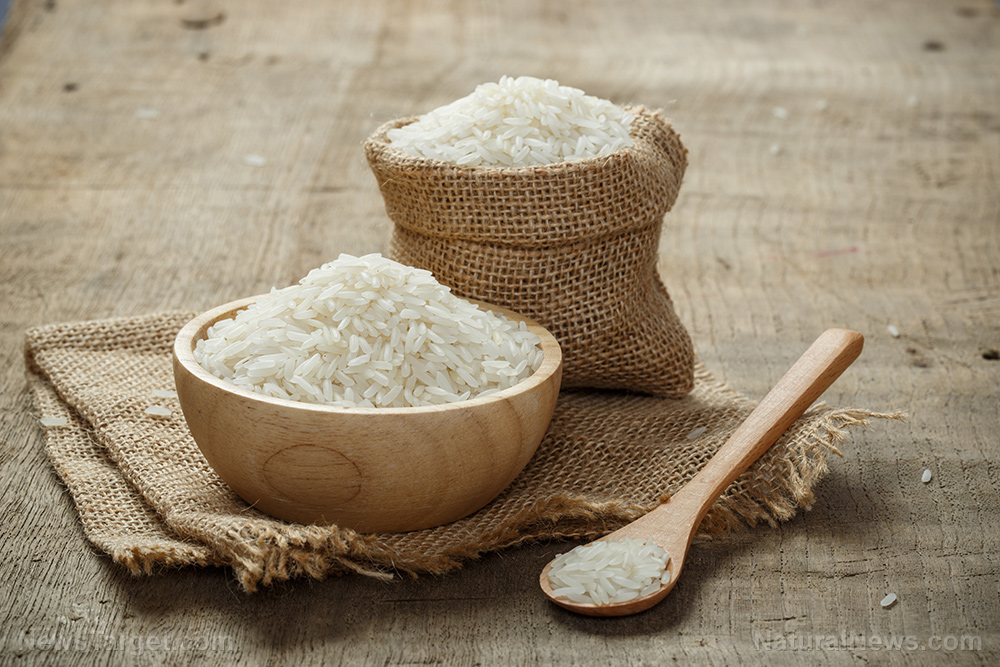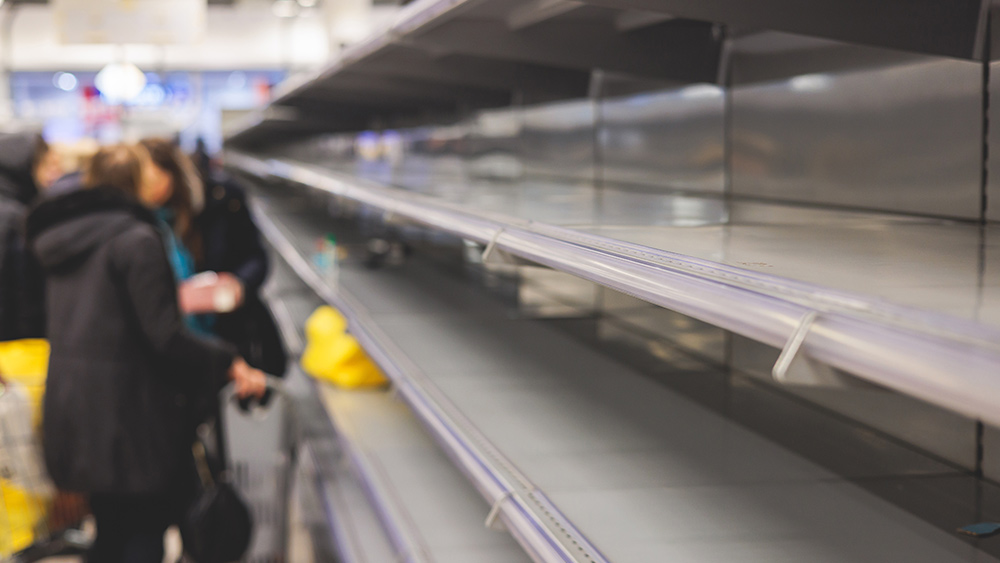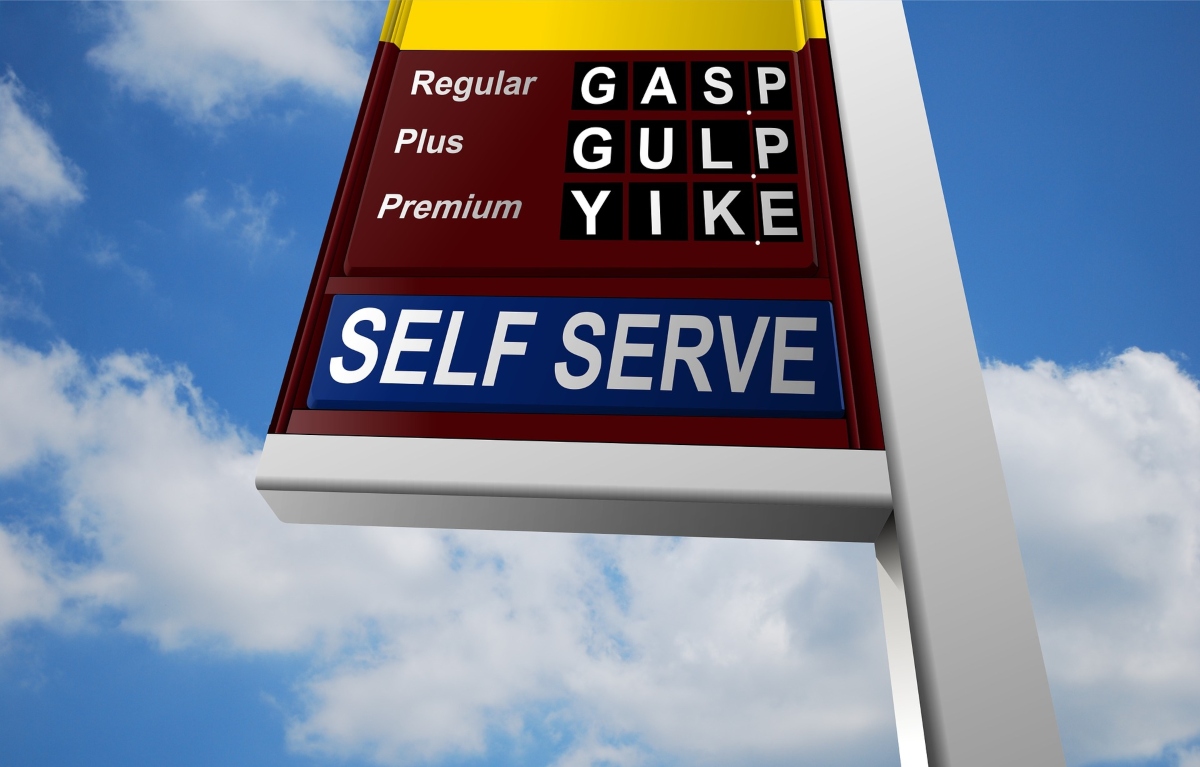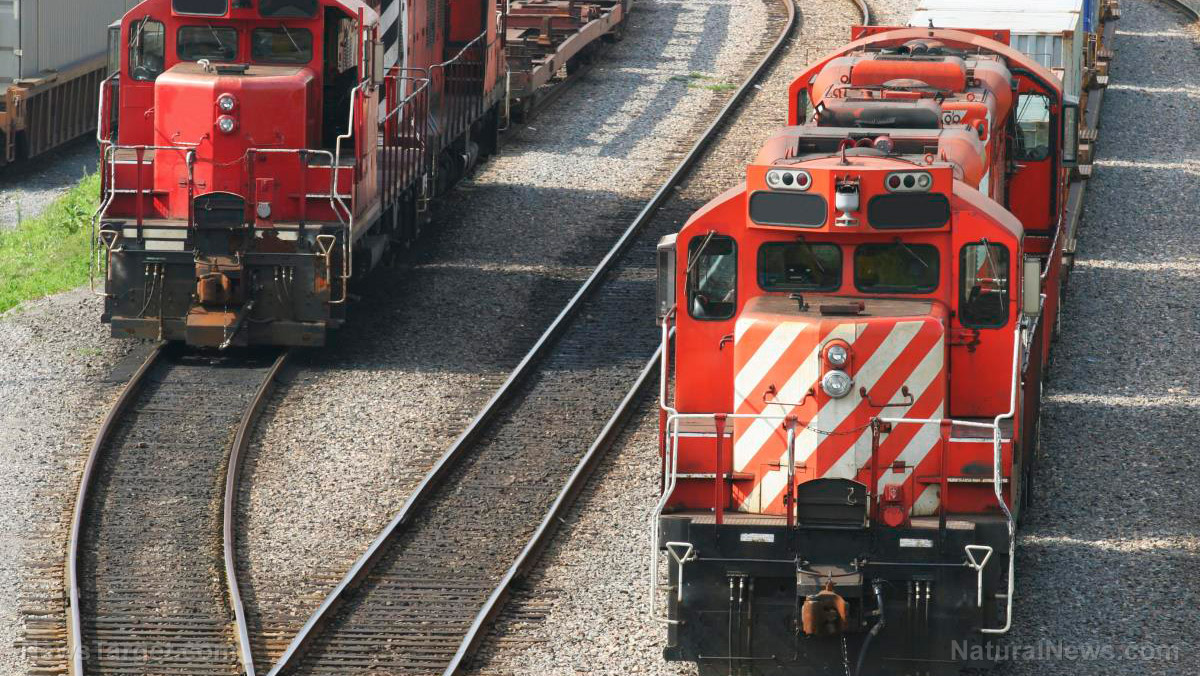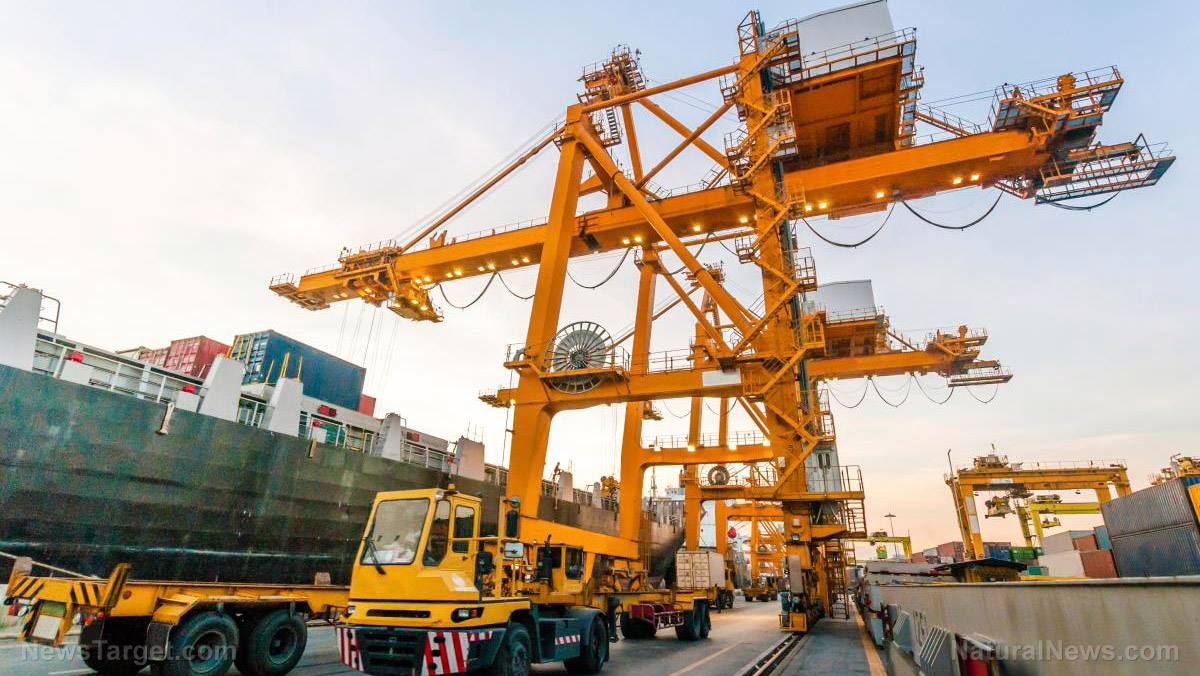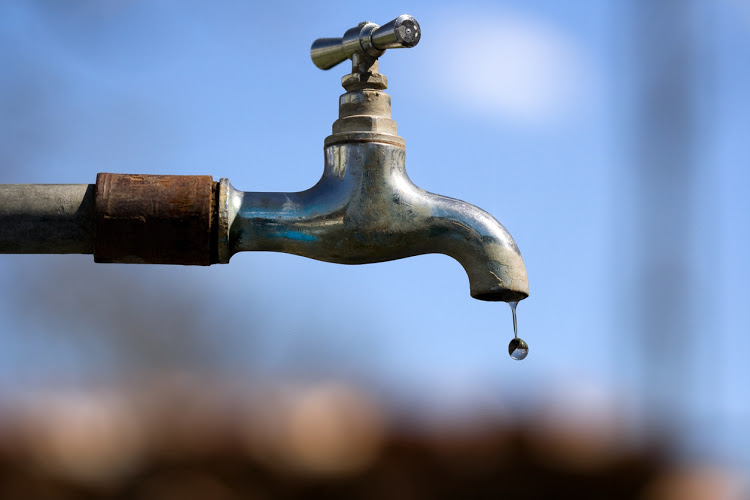Idiocracy: Germany finally admits that “without energy, no economy can run”
09/14/2022 / By Ethan Huff
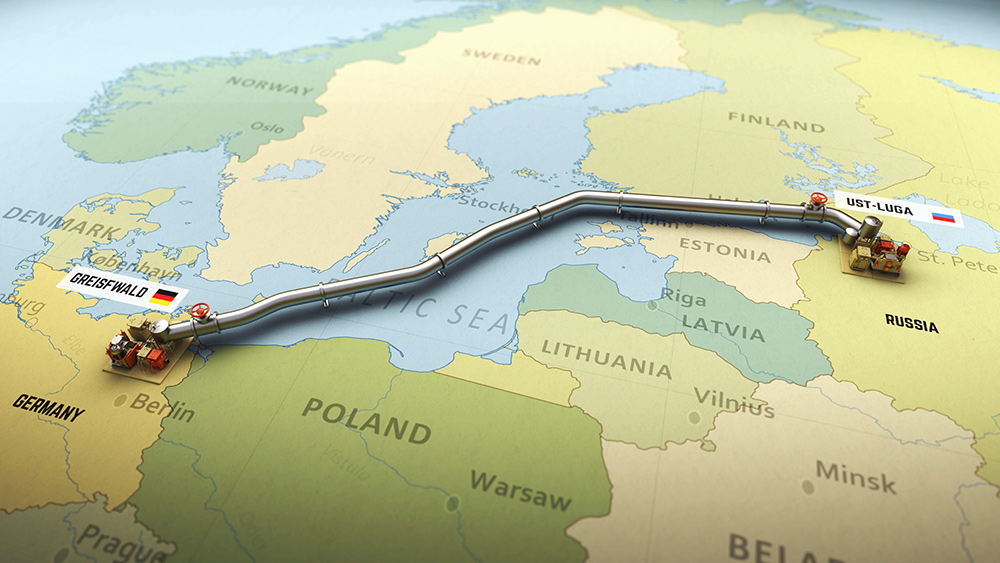
Peter Adrian, head of the Association of German Chambers of Industry and Commerce (DIHK), is reportedly coming to grips with the fact that Germany will collapse without Russian energy.
It was all fun and games poking the Russian bear for political points. But now that the Nord Stream 1 (NS1) pipeline has been turned off and hyperinflation looms, the only thing Germany has to look forward to is racing straight to the bottom. (Related: City says apocalyptic hyperinflation is returning to Germany – another Weimar Republic-style collapse?)
“More and more companies are telling us that they no longer have a supply contract for electricity or gas at all,” Adrian told RND newsroom. “The tap is turned off in the truest sense of the word. But without energy, no economy can run.”
One such company is Hakle, a toilet paper company that recently filed for bankruptcy citing unsustainable energy and material costs. The steel and non-ferrous metals industries are also on the verge of a collapse, requiring cheap and abundant natural gas in order to maintain production.
“Other sectors, such as chemical production, agriculture, and automating are all facing unprecedented hurdles as the energy crisis continues to grip Europe,” reports REMIX.
Energy cost inflation a major challenge for more than half of Germany’s economy
What was once the economic powerhouse of Europe is rapidly unraveling as business leaders, associations and consumers are finally coming to the realization that Germany is in serious trouble.
In the coming months, energy supplies will dwindle to the point that rationing will more than likely ensue. The resulting energy shortages will further skew prices above and beyond current inflationary levels, eventually leading to a collapse.
The Federation of German Industries (BDI) conducted an analysis recently which found that energy cost inflation is a major challenge for 58 percent of German companies, while 34 percent say what happens next will determine their survival.
If prices continue to soar, that 34 percent will be out of business in no time. The domino effect of that loss will probably also yank an even higher percentage down with it.
Some companies are in talks about moving production overseas in order to survive. If that happens on a large enough scale, then Germany will ultimately lose a big chunk of its manufacturing base.
One in 10 German companies has already reduced or even halted all production due to the energy crisis. One in four German companies is now in the process of relocating company shares or parts of production and jobs abroad to countries where energy is more affordable.
“In the trades, a wave of insolvencies is rolling towards us because of the energy crisis,” says Hans Peter Wollseifer, president of the Central Association of German Crafts.
“Every day, we receive emergency calls from companies that are about to stop production because they can no longer pay the enormously increased energy bills.”
If Germany thought covid was bad, just wait until winter kicks in and more energy is required to heat the country. At that point, the crisis will accelerate beyond what most Germans have seen in their entire lives.
“Governments and central bankers are also constrained with their policy choices,” REMIX explains. “Unlike the coronavirus crisis, they can no longer throw hundreds of billions in stimulus at the problem, as it would likely greatly exacerbate already high inflation.”
Institute for Economic Research (IWH) expert Steffen Müller claims that, at least up until recently, Germany’s economy was holding up pretty well and appeared poised for a comeback. Time will tell how the country fares in a potentially worst-case scenario.
Things are not looking good for Germany or really anybody in the coming months. To keep up with the latest, visit Collapse.news.
Sources for this article include:
Submit a correction >>
Tagged Under:
big government, collapse, currency crash, economy, electricity, energy, energy crisis, energy supply, fuel supply, Germany, government debt, idiot politicians, inflation, market crash, power, rationing, Russia, scarcity, supply chain, tyranny
This article may contain statements that reflect the opinion of the author
RECENT NEWS & ARTICLES
COPYRIGHT © 2022 Scarcity.news
All content posted on this site is protected under Free Speech. Scarcity.news is not responsible for content written by contributing authors. The information on this site is provided for educational and entertainment purposes only. It is not intended as a substitute for professional advice of any kind. Scarcity.news assumes no responsibility for the use or misuse of this material. All trademarks, registered trademarks and service marks mentioned on this site are the property of their respective owners.

